Keywords: Grounds For Hope
-
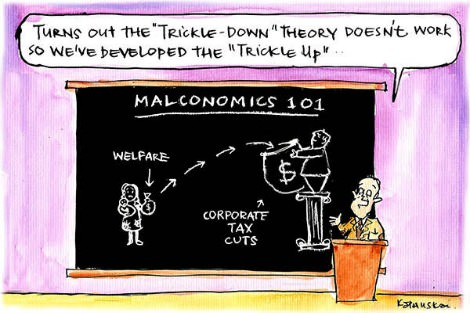
AUSTRALIA
- Frank Brennan
- 10 April 2017
16 Comments
In an age of 'budget repair', social policy risks becoming just a sidebar to economic policy which is a contest of ideas about how best to grow the size of the pie thereby providing a slice for 'the deserving poor' without having to redistribute too much of the pie, while 'the undeserving poor' drop off the edge as they would have anyway. For those of us schooled in Catholic social teaching, the so-called 'undeserving poor' are the litmus test of our commitment to the human dignity of all persons.
READ MORE 
-
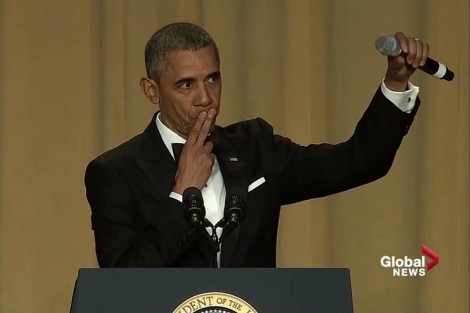
INTERNATIONAL
- Andrew Hamilton
- 18 January 2017
12 Comments
In an otherwise sombre start to the year Barack Obama's final speech has been a shining light. He celebrated what he saw as the successes of his administration without sneering at his political opponents. He spoke graciously and decently, and evoked hope for the future. Obama is right in insisting that empathy is the necessary starting point for reconstructing a broken economic framework. It enables a global perspective from which the good of individuals and groups is set within the flourishing of the whole community, and especially the most disadvantaged.
READ MORE 
-
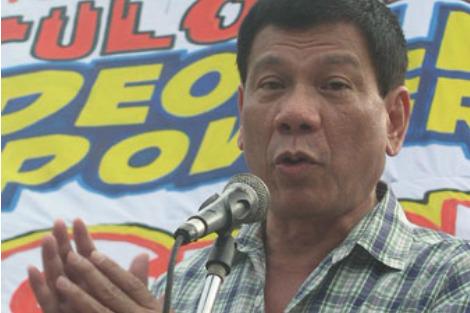
INTERNATIONAL
- Fatima Measham
- 18 August 2016
13 Comments
I fret more than ever for friends and family in the Philippines. If life is so expendable, who can be safe? What if my brother-in-law is mistakenly identified as a drug 'pusher'? What if my dad goes to a cockfight and armed vigilantes do a drive-by? It is disheartening that many Filipinos seem to approve of Duterte's methods. This is the purge many had wanted. They see the current campaign as a necessary, painful transition to better things. They are wrong. Nothing personal, just history.
READ MORE 
-

INTERNATIONAL
- Andrew Hamilton
- 23 June 2016
19 Comments
Some commentators in the Australian media have welcomed the prospect of Britain's leaving the EU. The founders of the union would recognise these commentators' hoped-for changes. They are precisely the conditions that contributed to the wars that they so feared: the xenophobia, disregard for human rights, chauvinism, military adventures entered by individual nations and competitive economic policies that alienated citizens and so bred authoritarian and ideologically inspired leaders.
READ MORE 
-
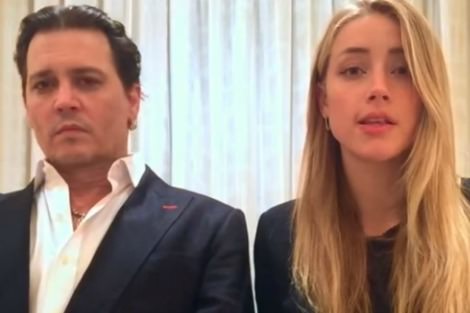
ENVIRONMENT
- Bronwyn Lay
- 21 April 2016
15 Comments
In the face of the increasing environmental destruction legally occurring within Australia's borders, chasing actors Johnny Depp and Amber Heard for bringing their undeclared dogs into Australia in breach of biosecurity laws comes across as a curated media stunt. Like everywhere in the world, Australian environmental law is at a crossroads. On one hand government regulations that permit violence against habitat increase, and on the other, legal challenges against this destruction rise.
READ MORE 
-
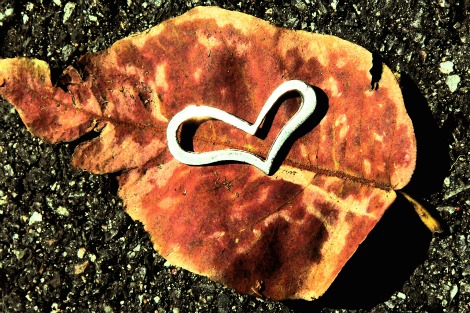
ENVIRONMENT
- Paul Fyfe
- 11 December 2015
2 Comments
Twenty years ago I was hopeful that countries would take strong and sensible action to address climate change, just as we had in 1987 when we faced the major depletion of the ozone layer. The following years slowly erased this hope. The Church did not do enough to stem disappointment, or to affirm that 'stewardship' alone was not going to provide sufficient grounds for the needed changes. By 2010 I was resigned to devastation. But Pope Francis has provided me with a ray of hope.
READ MORE 
-

AUSTRALIA
- Frank Brennan
- 10 December 2015
I first met this Tony on my regular visits here to Darwin when he was working at the North Australian Aboriginal Legal Aid Service and then when he set up the mediation services under the auspices of Anglicare. In later years I knew him when he was your Anti-Discrimination Commissioner. He was a quiet, considered, gentle, strong and principled man. On Human Rights Day, it is only fitting that I honour Tony by offering some reflections on the architecture for human rights in Australia, on the contemporary human rights controversies, and on the way forward for better protection of the human rights of Aborigines and asylum seekers, two marginalised groups who had a special claim on Tony's sympathies.
READ MORE
-

RELIGION
- Frank Brennan
- 04 December 2015
1 Comment
'Tonight, gathered here in the Southern Cross Club in the national capital, gathered as Eureka's children. We affirm that there is room for everyone under the Southern Cross. I hope you will return to Canberra carrying the Southern Cross flag when we proclaim the Australia Republic on 1 January 2020 which will be two elections after Australia last had a monarchist leader of a major political party. Tony Abbott is the last of his type. Whether the prime minister honoured to witness the proclamation is Malcolm Turnbull, Bill Shorten or another matters not.' Annual Dinner for Eureka's Children, Southern Cross Club, Canberra, 3 December 2015.
READ MORE
-
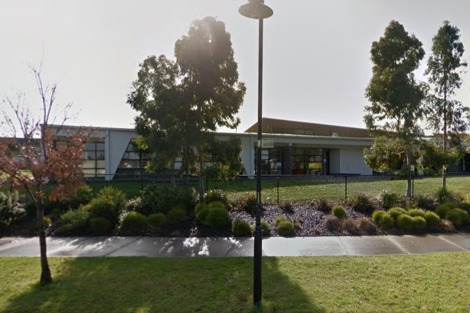
AUSTRALIA
- Justin Glyn
- 30 October 2015
11 Comments
Muharram is above all a month of mourning for Shi'a. One of the ways in which the month may be mourned is by avoiding joyful music. For the pupils of Cranbourne Carlisle Primary School, singing of the national anthem was therefore recognised as a potential problem, not because of any disrespect but for precisely the opposite reason. It was respected as a song of hope and gladness, a delight in a common national identity. It was on these very grounds that the children did not want to sing it.
READ MORE 
-
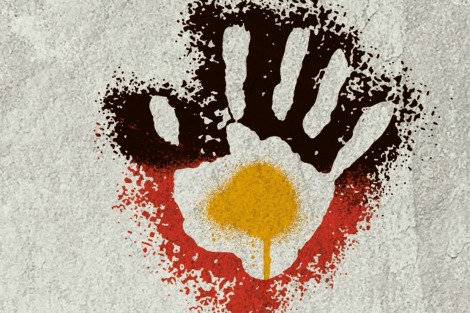
AUSTRALIA
- Frank Brennan
- 16 October 2015
2 Comments
I acknowledge those Aborigines and Torres Strait Islanders who insist that they have never ceded their sovereignty to the rest of us. I join with those Aborigines and Torres Strait Islanders who hope for better days when they are recognised in the Australian Constitution. As an advocate for modest constitutional recognition for Indigenous Australians, I respect those Aborigines and Torres Strait Islanders who question the utility of such recognition. But I do take heart from President Obama's line in his Charleston eulogy for the late Reverend Clementa C. Pinckney: 'Justice grows out of recognition'.
READ MORE
-

- Frank Brennan
- 18 September 2015
Pope Francis's concerns are not narrowly dogmatic or pedagogical but universally pastoral. He knows that millions of people, including erstwhile Catholics, are now suspicious of or not helped by notions of tradition, authority, ritual and community when it comes to their own spiritual growth which is now more individual and eclectic. He wants to step beyond the Church's perceived lack of authenticity and its moral focus on individual matters, more often than not, sexual. He thinks the world is in a mess particularly with the state of the planet — climate change, loss of biodiversity and water shortages, but also with the oppression of the poor whose life basics are not assured by the operation of the free market, and with the clutter and violence of lives which are cheated the opportunity for interior peace. He is going to great pains to demystify his office. He wants all people of good will to emulate him and to be both joyful and troubled as they wrestle with the probl
READ MORE
-
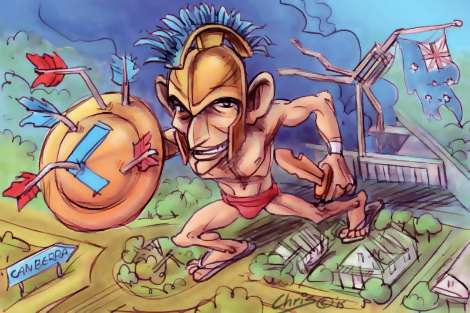
AUSTRALIA
- Andrew Thackrah
- 15 September 2015
24 Comments
After Malcolm Turnbull announced on Monday afternoon that he was challenging Tony Abbott for the LIberal leadership, commentators were unanimous in their speculation that Abbott would not give up the prime ministership without a fight. The pugnaciousness that characterised his political style was similarly part of the playbook of Canadian PM Stephen Harper, who was also seen to base his interaction with political adversaries on their 'standing' rather than debating policy. In Abbott's case this turned out to be a fatal flaw.
READ MORE 